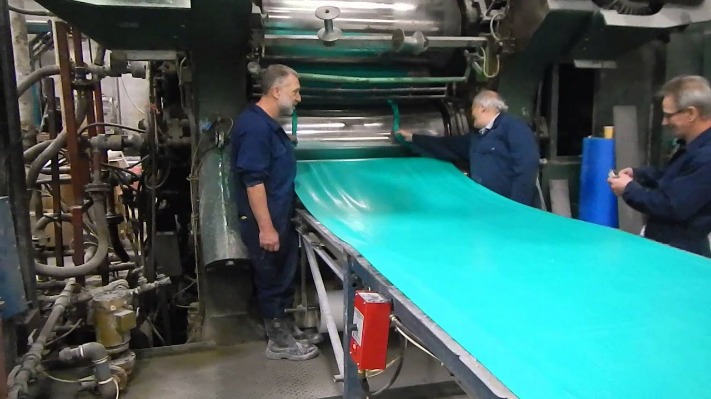The rapid advancement of technology has significantly increased our reliance on high-quality electrical components and materials. These elements are the backbone of various electronic devices and systems that power our daily lives. From simple household gadgets to complex industrial machinery, understanding these components and materials is crucial for both enthusiasts and professionals alike.
Fundamental Electrical Components
The term electrical components encompasses a wide array of devices that are essential for building and operating electronic circuits. Here are some of the most commonly used components:
Resistors
Resistors are used to control the flow of current within a circuit. By introducing a specific amount of resistance, these components help in managing the amount of current that reaches various parts of a circuit.
Capacitors
These components temporarily store electrical energy which can be released when required. Capacitors are integral to filtering processes, energy storage, and even signal processing.
Inductors
Inductors are passive components that store energy in a magnetic field when electrical current passes through them. They are commonly used in power supplies and transformers.
Diodes
Diodes allow current to flow in only one direction, making them essential for converting alternating current (AC) to direct current (DC). Light-emitting diodes (LEDs) are a particular type of diode used for illumination.
Key Electrical Materials
Alongside components, the choice of materials significantly impacts the efficiency and performance of electrical systems. Here are some critical materials used in the field:
Conductors
Materials such as copper and aluminum are widely used as conductors due to their excellent ability to conduct electricity. These materials are employed in wiring, circuit boards, and various connectors.
Insulators
Get more information from Portlandia Electric Supply .
Insulating materials like rubber, glass, and plastic prevent unwanted current flow, ensuring the safety and efficiency of electrical systems. They are crucial for coating wires and other conductive elements.
Semiconductors
Semiconductors like silicon and germanium form the foundation of modern electronic devices including microchips and transistors. They exhibit properties of both conductors and insulators, making them versatile for various applications.
Applications and Importance
The proper selection and application of electrical components and materials are vital across multiple industries including telecommunications, automotive, aerospace, and household electronics. Here are some areas where they play a critical role:
- Telecommunications: Ensuring efficient signal transmission and reception.
- Automotive: Powering various electronic systems within modern vehicles.
- Aerospace: Enabling sophisticated navigation and control systems.
- Consumer Electronics: Driving the functionality of devices like smartphones, laptops, and home appliances.
FAQs
What are the most crucial electrical components in a basic circuit?
The most crucial components in a basic circuit include resistors, capacitors, diodes, and transistors. Each of these plays a specific role in regulating, storing, and directing electrical currents.
Why are materials like silicon so important in electronics?
Silicon is a critical semiconductor material because of its ability to effectively control electrical currents, making it ideal for use in microchips and other electronic devices.
What are the main differences between conductors, insulators, and semiconductors?
Conductors allow easy flow of electrical current, insulators prevent current flow, and semiconductors have properties of both, allowing them to regulate current flow under certain conditions.
How do electrical components impact the efficiency of industrial machines?
High-quality electrical components ensure that industrial machines operate safely and efficiently, reducing downtime and maintenance costs while enhancing performance.
Understanding and selecting the right electrical components and materials is essential for advancing technology and ensuring the durability and functionality of modern electronic devices. Whether you are a hobbyist or a professional, knowing these fundamentals will empower you to innovate and excel in your projects.



